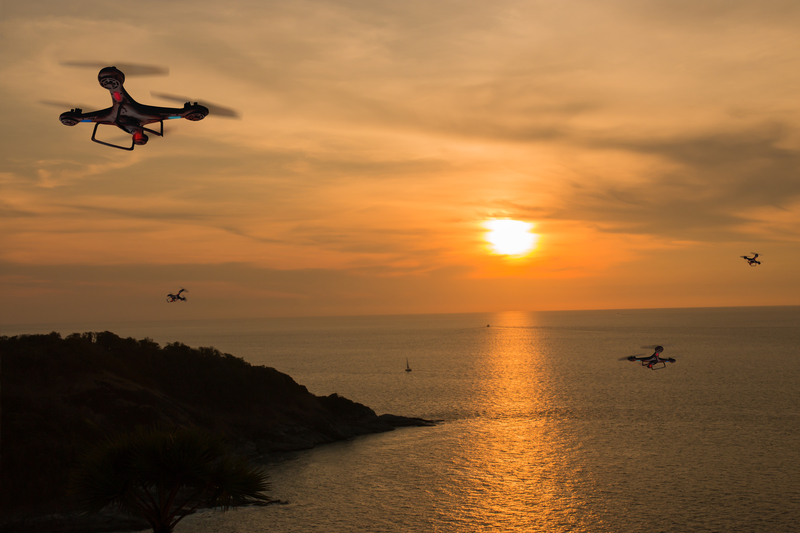Regulating the Skies – FAA Drone Rules for Hobbyists
In 2012, Congress placed the Federal Aviation Administration (“FAA”) in charge of regulating small unmanned aircraft systems, also known as drones. In response, the FAA promulgated regulations in 2015 and 2016 targeting the drone industry. These regulations required operators to register their systems and meet minimum safety and certification requirements, but excluded operators of preexisting model aircraft.
So far, hobbyist drone operators have used the model aircraft exclusion to temporarily block drone registrations, relying on a D.C. Circuit court opinion by Judge Brett Kavanaugh in May of 2017. Trump signed a bill reinstating the registration requirement in December 2017, however. In addition, a recent court ruling out of the D.C. Circuit Court of Appeals, Taylor v. Federal Aviation Administration (Case No. 16-302), upheld the FAA’s ability to regulate hobby drone operators.
Limited exemptions for model aircraft and hobbyist drone operators still remain, however, so long as operators satisfy all five criteria in section 336 of the regulations (“Special Rule for Model Aircraft”):
- The aircraft is flown strictly for hobby or recreational use;
- The aircraft is operated in accordance with a community-based set of safety guidelines and within the programming of a nationwide community-based organization;
- The aircraft is limited to not more than 55 pounds;
- The aircraft is operated in a manner that does not interfere with and gives way to any manned aircraft; and
- When flown within 5 miles of an airport, the operator of the aircraft provides the airport operator and the airport air traffic control tower with prior notice of the operation.
Spurred by the Trump bill and recent court approval, the FAA expects to release additional regulations for the industry later this year. It is anticipated that the FAA will require most, if not all, non-section 336 drones to identify themselves with radio beacons.
Though the new regulations will be for security and law enforcement purposes (i.e. to monitor potential drug trafficking by UAS), they open the door for future privacy regulation in the industry. In addition, the ID requirements may provide some means for consumers to monitor drone activity and file privacy complaints against operators.
For now, drone operators and industry groups should stay tuned for the FAA’s notice period for these new regulations, if they wish to submit comments on the upcoming regulations.

